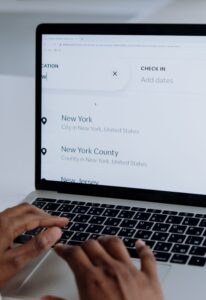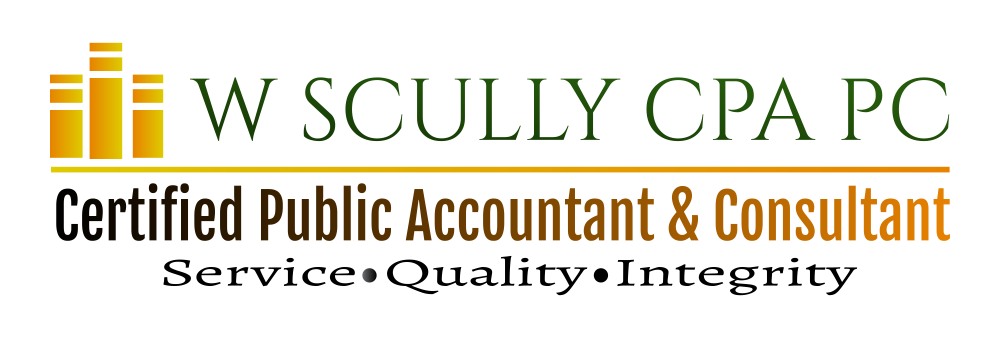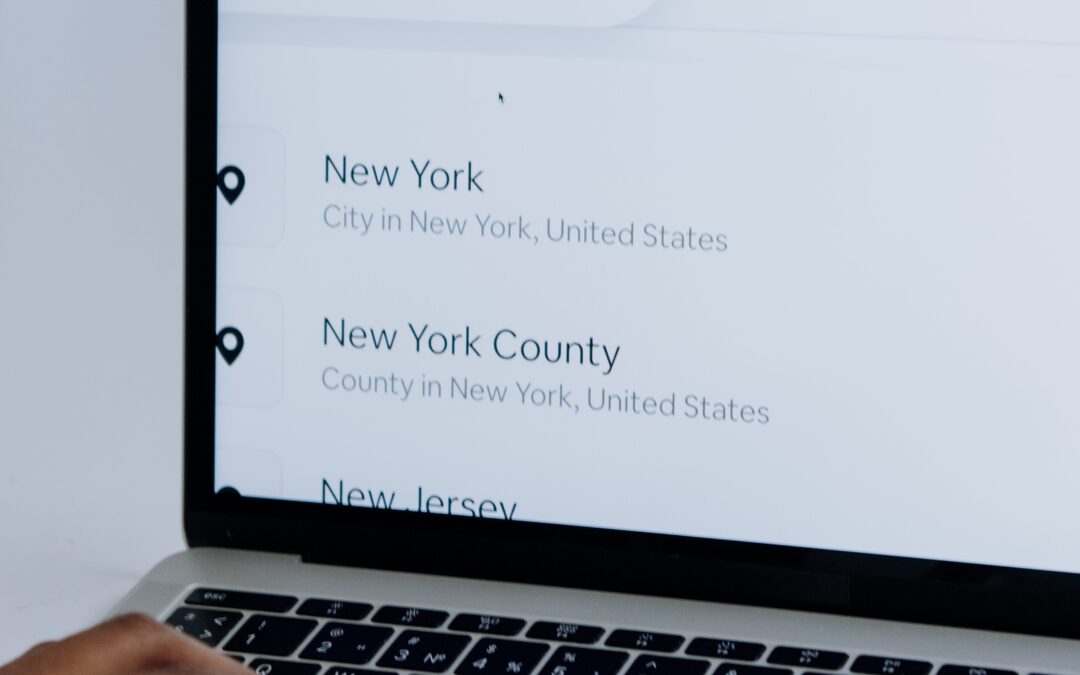
Understanding the Tax Implications of Renting Out a Spare Room on Airbnb in Jamaica, NY
Hey there! Are you thinking of renting out a spare room on Airbnb in Jamaica NY? The world has certainly changed, where an individual can now operate a hotel in their home. Well, not exactly a hotel. But, renting a spare room on Airbnb can be a great way to earn some extra income. Nevertheless, it’s important to understand the tax implications. Don’t worry, I’ve got you covered. From reporting rental income to deducting expenses, there are several factors to consider when renting a room on Airbnb. In this post, we’ll explore the tax implications of renting a spare room on Airbnb and provide tips for staying organized.
Reporting Rental Income in Jamaica NY
First things first, you’ll need to report that rental income on your tax return. Speaking of AirBnB income, while I have never been a guest at a Jamaica, NY AirBnb, I know the rates vary between $50 per night and $175 the last time I checked. Of course, rates vary. The bottom-line is that this business can be pretty lucrative.
No matter what, though, these monies are considered self-employment income. So, you’ll need to file a Schedule C (Form 1040), which assumes you are abiding by the 7-day rule. Otherwise, you’ll be relegated to reporting it on Form Schedule E. Either way, don’t worry, it’s not as scary as it sounds. Just remember to report all your rental income. Normally, such expenses include any additional fees you charge, like cleaning fees or late check-out fees. Generally, the rule is that all income connected to your business must be reported for your Jamaica NY AirBnB property.
Deducting Expenses
However, you’re not just stuck paying taxes on your rental income. In Jamaica, NY, you can deduct things like cleaning supplies, toiletries, and other necessary expenses related to your rental. And, if you’re a homeowner, you can also deduct a portion of your mortgage interest, PMI, MIP, property taxes, and hazard insurance premiums. Don’t forget your legal and accounting fees you pay someone like me. Just keep those receipts organized, okay? You can even deduct expenses related to furnishing and equipping your rental space, like new towels or a fresh coat of paint.
Occupancy Taxes
Oh, and heads up: some cities, like Jamaica, NY, and states, have occupancy taxes for short-term rentals. It’s your responsibility to know about them and comply. Don’t worry, Airbnb has got your back and can help you with that. Just check with your local government to see if you need to register your rental property or file any special tax forms.
Tips for Staying Organized
Remember, transparency is key when it comes to reporting your rental income and expenses. Keep accurate records and don’t hesitate to ask for help if you need it.
• Keep a record of all bookings, including dates and income earned.
• Track your expenses related to the rental, such as cleaning supplies and utility bills.
• Take photos and keep records of any improvements or repairs made to the rental space.
• Consider using a separate bank account for your Airbnb income and expenses to keep track of your transactions.
• Document communication with guests, including receipts and confirmations.
• Take advantage of tax deductions available to homeowners, such as mortgage interest and property taxes.
• Consult with a tax professional or accountant to ensure you’re taking advantage of all the deductions and credits available to you.
Conclusion
Renting a spare room on Airbnb can be a great way to earn some extra income, but it’s important to understand the tax implications and stay organized. By reporting your rental income, deducting expenses, and complying with occupancy taxes, you can minimize your tax liability and avoid potential penalties. Happy hosting!
Special Airbnb Rules in Jamaica, NY
As of the writing of this post, you should know about the new rules that went into effect on February 2nd, 2024. First, you’ll need to register with the Mayor’s Office of Special Enforcement and display your registration number on your listing. Additionally, you can only rent out your primary residence, and entire homes can’t be rented out for less than 30 days. It’s also worth noting that building owners can prohibit short-term rentals, so be sure to check with them first. And, of course, you’ll need to provide detailed information and follow all zoning and safety regulations. Failure to comply could lead to fines up to $5,000, so be sure to do your due diligence!
• Publication 527: Residential Rental Property (https://www.irs.gov/publications/p527)
• IRS Publication 587: Business Use of Your Home (https://www.irs.gov/publications/p587)
• Guide to Taxes for Hosts (https://www.airbnb.com/help/article/122)
• Airbnb’s Help Center has an article on “How do taxes work for hosts?” that provides an overview of local taxes, Value Added Tax (VAT), and how Airbnb handles occupancy tax collection and remittance. (https://www.airbnb.com/help/article/481)
• The Internal Revenue Service (IRS) requires Airbnb to collect tax information from hosts to determine if their earnings are subject to US tax information reporting. (https://www.airbnb.com/help/article/122)
• Airbnb provides a guide on how to add taxes to listings and collect occupancy taxes manually. (https://www.airbnb.com/help/article/122)
Note: This post is for informational purposes only and should not be considered tax advice. So, remember to consult with a tax professional or accountant for specific guidance related to your situation.
Are you a real estate professional and need help with your tax and accounting? I am here for you! Please contact Wayne Scully (https://wscullycpa.com/about/) by e-mail at [email protected] or by phone at 718.938.4601.
Get a FREE! FREE! copy of Wayne’s book here: www.getmytaxbook.com.

